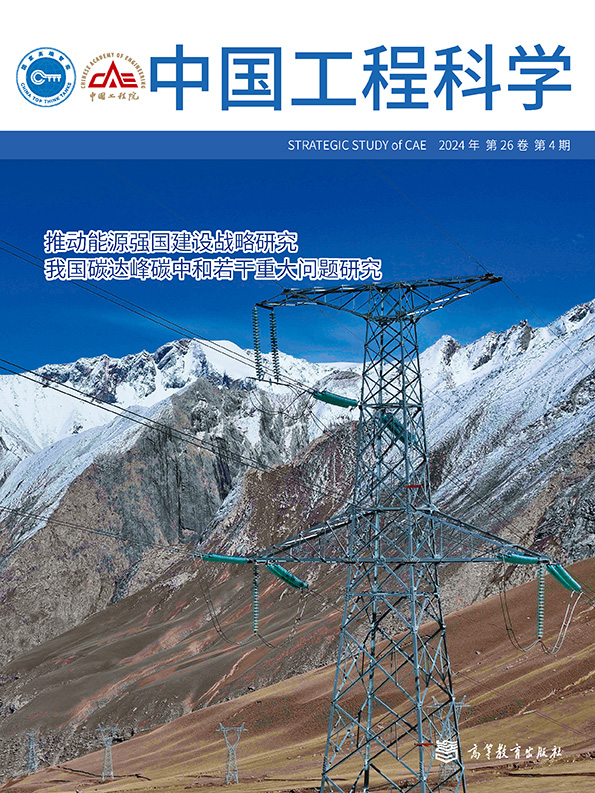Current Status and Future Development of Quantum Computation
引用次数: 1
Abstract
: Quantum computation, as part of the broader field of quantum information, represents an assembly of concepts and techniques that concern the nature and processing of information based on quantum mechanics. Quantum computation utilizes unique resources such as quantum superposition and quantum entanglement to encode and process information and has been proved to be dominantly advantageous over classical computation on certain important scientific and engineering problems. Potential applications of quantum computation are expected to influence future information technology and many other related fields deeply and significantly. In this article, we briefly review the history of quantum computation, including how its fundamental ideas and concepts came into being and the development of its significant theories and algorithms. We also discuss the status and outlook of several representative technical routes in this field, including superconducting quantum computation, distributed superconducting quantum computation, photonic quantum computation, trapped-ion quantum computation, silicon-based quantum computation, as well as other systems. Furthermore, by analyzing certain common issues faced by all routes, we propose some thoughts and suggestions for future development of quantum computation in China. We particularly emphasize the following: reinforcement of strategic planning at a national level, establishment of a research team of high caliber, and boost of relevant fundamental research and development of core techniques and critical instruments.量子计算的现状与未来发展
量子计算作为更广泛的量子信息领域的一部分,代表了基于量子力学的有关信息性质和处理的概念和技术的集合。量子计算利用量子叠加和量子纠缠等独特的资源对信息进行编码和处理,在某些重要的科学和工程问题上已被证明具有优于经典计算的优势。量子计算的潜在应用有望对未来的信息技术和许多其他相关领域产生深刻而重大的影响。在这篇文章中,我们简要回顾了量子计算的历史,包括它的基本思想和概念是如何产生的,以及它的重要理论和算法的发展。本文还讨论了超导量子计算、分布式超导量子计算、光子量子计算、阱离子量子计算、硅基量子计算等几种具有代表性的技术路线的现状和展望。此外,通过分析各路线面临的一些共性问题,对未来中国量子计算的发展提出一些思考和建议。我们特别强调:加强国家层面的战略规划,组建一支高水平的研究队伍,加强相关基础研究和核心技术、关键仪器的开发。
本文章由计算机程序翻译,如有差异,请以英文原文为准。
求助全文
约1分钟内获得全文
求助全文
来源期刊
自引率
0.00%
发文量
4428
期刊介绍:
"Strategic Study of CAE" is supervised by the Chinese Academy of Engineering, hosted by the Strategic Consulting Center of the Chinese Academy of Engineering and Higher Education Press Limited Company, and published by the Strategic Study of CAE Editorial Department. This journal is one of the "1+9+1" series of journals of the Chinese Academy of Engineering, and its editorial board is the Consulting Working Committee of the Chinese Academy of Engineering.
This bimonthly journal is published in Chinese. It is a core Chinese journal and a core journal of Chinese science and technology, included in the Chinese Science Citation Database (CSCD), the Japan Science and Technology Agency (JST) database, and the Swedish DOAJ database.
The journal is positioned as an academic journal for strategic consulting in engineering and technology, mainly publishing academic papers that reflect the results of strategic consulting research in China's engineering and technology. It aims to provide counsel for the government's scientific decision-making, guidance for the industry's scientific development, and references for related academic research.

 求助内容:
求助内容: 应助结果提醒方式:
应助结果提醒方式:


